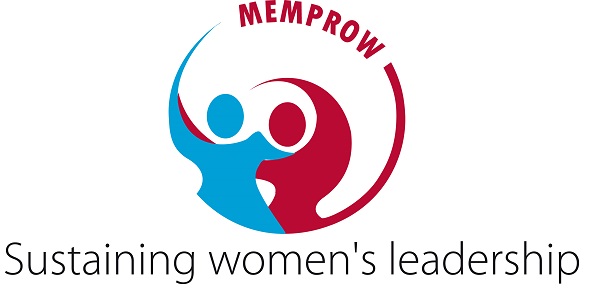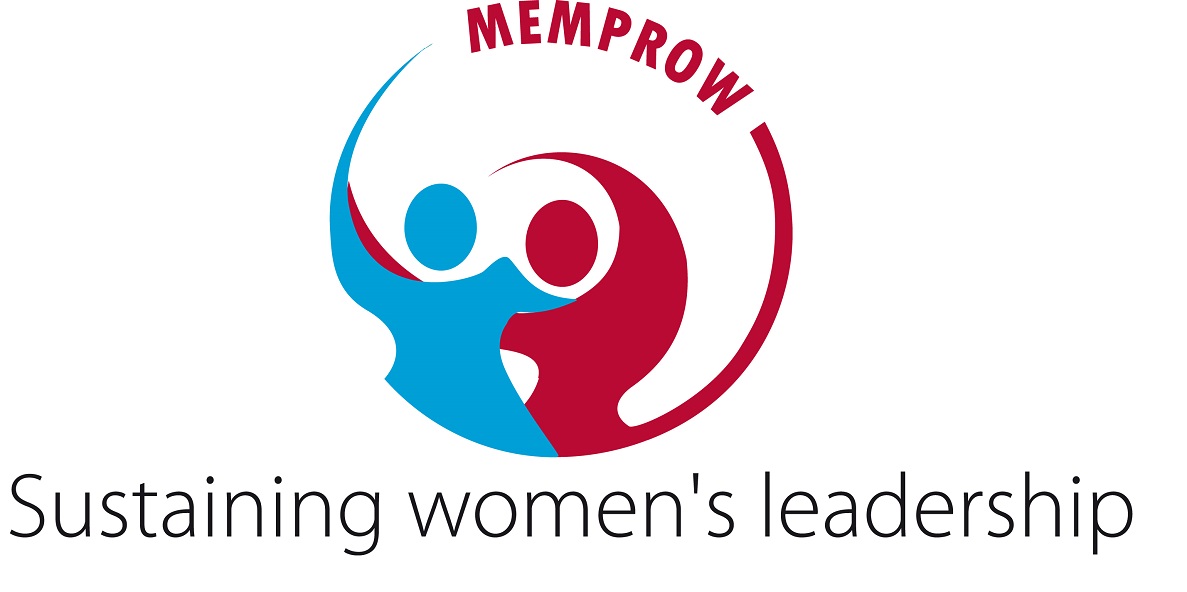Since its inception in 2008, The Mentoring and Empowerment Programme for Young Women (MEMPROW) has been a symbol of hope for women in West Nile, Uganda. Through its multidimensional approach, MEMPROW has not only empowered women but has also sought to engage men in reshaping gender dynamics, challenging negative cultural norms, and fostering positive masculinity.
In Districts like Zombo specifically Paidha, Pakwach, Nebbi, and Arua, area of Pajullu , MEMPROW has emerged as a catalyst for change, addressing critical issues such as domestic violence, sexual and gender-based violence (SGBV), sexual reproductive health and rights (SRH&R), and the prevention of child marriage and teenage pregnancy. The organization has provided mentorship, education, and skills training, offering women and girls opportunities for a fresh start and a path towards independence.
Despite these commendable efforts, challenges persist due to entrenched patriarchal attitudes that perpetuate gender inequality and violence against women and girls. MEMPROW recognizes that tackling these issues requires not only empowering women but also engaging men as allies in the fight for gender equality.
One of the key strategies employed by MEMPROW is the promotion of positive masculinity. Instead of viewing masculinity as a tool for dominance and control, MEMPROW works to redefine masculinity as a force for positive change and allyship. By challenging harmful gender norms and encouraging men to embrace their roles as allies and advocates for gender equality, MEMPROW seeks to create a more inclusive and equitable society.
As someone who has been involved with MEMPROW since 2017, I have witnessed firsthand the transformative impact of their work. Through my role as a consultant trainer on human rights and gender relations, I have seen how MEMPROW has sparked meaningful conversations about masculinity, challenging men to reflect on their attitudes and behaviors towards women and girls” says Counsel Bob Opio Okech.
One of the biggest obstacles to gender equality in West Nile is the persistence of harmful cultural practices that undermine the rights and dignity of women and girls. MEMPROW recognizes the importance of addressing these cultural barriers in order to create lasting change. However, they also acknowledge that culture is not inherently negative and that there are aspects of traditional culture that can be leveraged to promote gender equality.
For example, among the Alur and Lugbara communities, there are traditional values that emphasize the importance of respecting women and condemning violence against them. By highlighting these positive aspects of culture and reframing them within the context of gender equality, MEMPROW seeks to challenge harmful stereotypes and promote positive attitudes towards women and girls.
Furthermore, MEMPROW continuously recognizes the importance of engaging men in conversations about gender equality and challenging harmful attitudes and behaviors. Through workshops, training sessions, and community outreach programs, MEMPROW encourages men to reflect on their own attitudes and behaviors towards women and girls and to become active agents of change in their communities.
In conclusion, MEMPROW’s work in West Nile is not just about empowering women but about transforming gender dynamics and promoting positive masculinity. By challenging harmful cultural norms, engaging men as allies, and promoting positive attitudes towards women and girls, MEMPROW is laying the groundwork for a more inclusive and equitable society. However, the journey towards gender equality is ongoing, and it requires the collective effort of individuals, communities, and organizations like MEMPROW to create lasting change.
An article written for MEMPROW Uganda, March, 2024 by Counsel Bob Opio Okech .
LLB(Hons)Mak, Dip. TT(India), Dip. Bmgt. & Adm. (UK), Human rights trainer,
Legal educator, Court accredited Mediator, Land, Culture,
Gender, Social and Environmental justice actor






